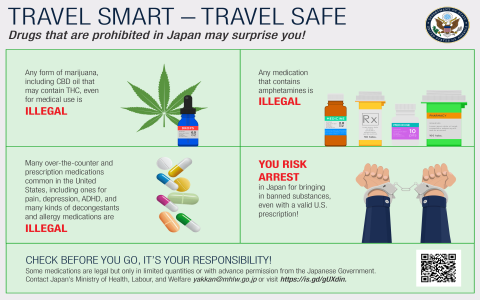Electronic cigarettes in Italy are regulated under national laws transposing the European Union’s Tobacco Products Directive (TPD). This framework establishes specific rules for the manufacturing, presentation, and sale of e-cigarettes and refill containers.
Key Regulatory Aspects
Age Restrictions: The sale of electronic cigarettes and e-liquids containing nicotine is prohibited to individuals under the age of 18.

Product Specifications:
- Nicotine-containing e-liquids are restricted to a maximum nicotine concentration of 20 mg/mL.
- The maximum volume for e-liquid refill containers is 10 mL.
- Disposable e-cigarettes, cartridges, or tanks are limited to a maximum volume of 2 mL.
Packaging and Labelling: Products must include health warnings, a list of ingredients, nicotine content, and information on addictiveness. Child-resistant and tamper-evident packaging is required for nicotine-containing liquids.
Advertising and Promotion: Cross-border advertising and promotion of electronic cigarettes are largely restricted, mirroring regulations for traditional tobacco products. National regulations further govern domestic advertising.
Notification Scheme: Manufacturers and importers must notify the competent national authorities of all products they place on the market. This includes detailed information on ingredients and emissions.
Market and Sales Channels
Electronic cigarettes are widely available in Italy. They are sold through specialized vape shops (“negozi di sigarette elettroniche”), tobacconists (“tabaccherie”), and, under certain conditions, online platforms. The market offers a diverse range of devices, from simple starter kits to more advanced vaping systems, along with a wide variety of e-liquid flavors.
Public Usage
Regulations regarding the use of electronic cigarettes in public places generally align with those for smoking tobacco. Vaping is typically prohibited in enclosed public spaces, including workplaces, educational institutions, healthcare facilities, and on public transport. Specific local ordinances may also apply, further restricting use in certain outdoor areas.










